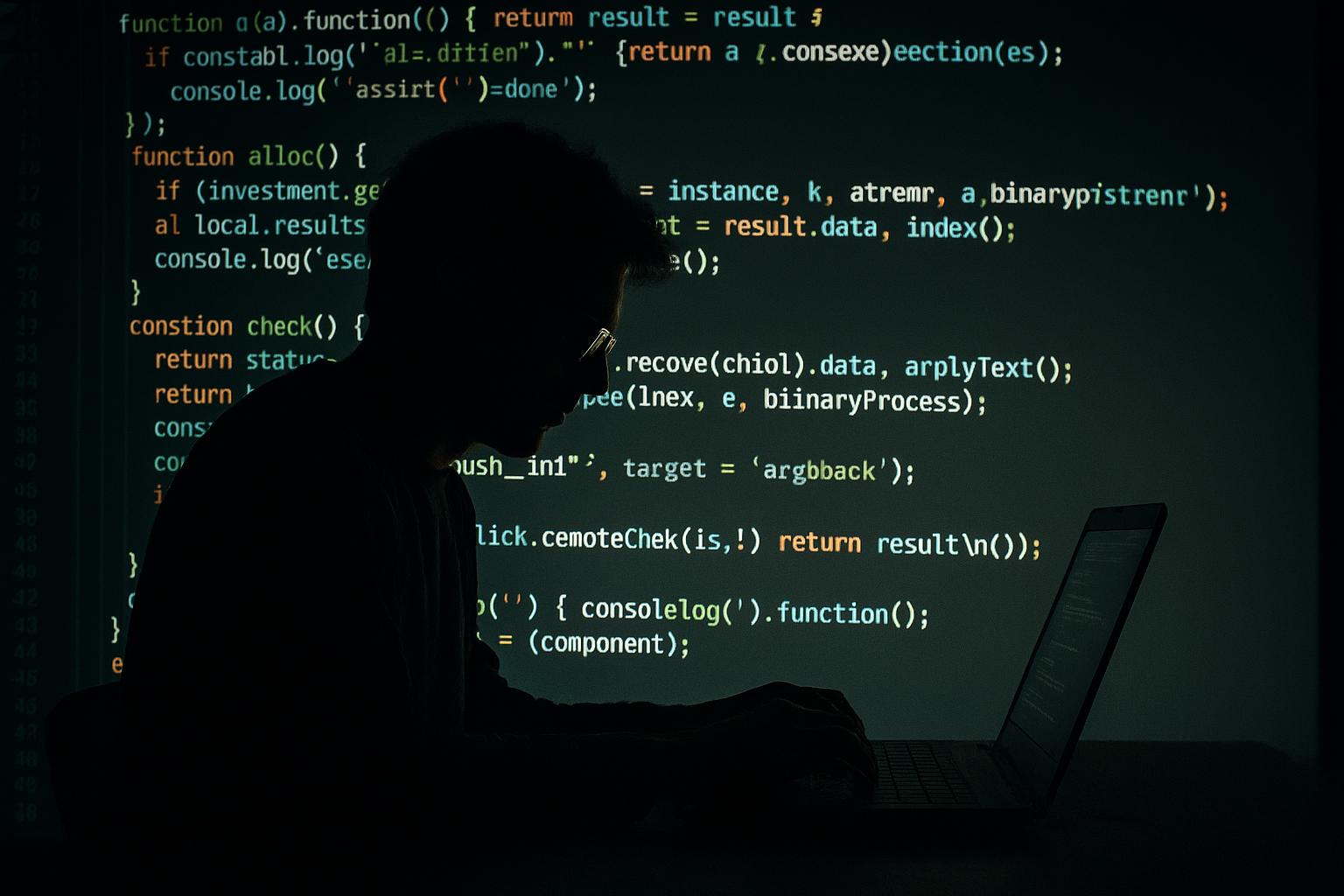The software development landscape is undergoing a profound transformation driven by the rapid advancement of artificial intelligence (AI). According to research from GitHub, AI is expected to write as much as 95% of code within the next five years. This dramatic shift promises to redefine the role of developers, transitioning them from manual coders to orchestrators of AI-driven ecosystems that blend human insight with machine efficiency.
Industry leaders underscore this evolving dynamic. Microsoft's Chief Technology Officer, Kevin Scott, affirmed in early 2025 that while AI will generate the vast majority of code, human developers will remain vital in areas requiring authorship, problem-solving, and strategic oversight. Similarly, Anthropic’s CEO, Dario Amodei, projected an even more accelerated timeline, anticipating that AI could produce up to 90% of software code within mere months, highlighting the speed at which AI capabilities are advancing.
This AI-driven revolution is not simply about automation; it is about reshaping productivity and creativity within software engineering. GitHub research forecasts that by 2030, AI-enhanced developer productivity could effectively add 15 million 'effective developers' to the global workforce, driving over $1.5 trillion in economic value. IDC projects even broader economic impacts with AI contributing nearly $20 trillion globally by 2030, underscoring AI’s wide-reaching influence beyond tech alone.
However, despite AI's capabilities in rapidly generating boilerplate code, it lacks the nuanced creativity, collaboration, and strategic thinking that human developers provide. This has led experts to emphasise new, essential skills developers must cultivate. Foremost among these is the ability to provide accurate and comprehensive context to AI tools such as GitHub Copilot. By feeding AI systems the right signals—be it project intent, data specifics, or team practices—developers can guide AI-generated suggestions to be relevant and precise rather than generic or off-target.
GitHub has responded with innovations like Copilot Spaces, which enable teams to upload their own documentation, repositories, and contextual data to shape AI responses more effectively. This collaborative environment ensures AI outputs are aligned with actual business goals and codebases, marking an evolution from isolated prompts to orchestrated AI-assisted solutions.
Furthermore, human judgment remains indispensable, particularly in code review and strategic decision-making. GitHub Copilot's AI-powered code review tool exemplifies this blend by identifying issues and offering improvement suggestions, thereby accelerating development cycles while still relying on human oversight. Organisations like JPMorgan Chase have already reported 10-20% efficiency gains from deploying such AI coding assistants, allowing engineers to redirect their focus to higher-value projects involving AI and data strategies.
Adapting to this new AI-infused workflow also demands continuous learning. As the half-life of technical skills shortens, developers are encouraged to regularly update their expertise, embracing languages like Python, Java, and C++, alongside machine learning frameworks such as TensorFlow and PyTorch. Building an active GitHub presence through open source contributions and earning Copilot certifications are practical steps to demonstrate ongoing competence in this evolving field.
Leading voices in technology, including GitHub’s VP of Engineering Sharanya Doddapaneni and IT leaders like Cathay Pacific’s Rajeev Nair, advocate that leveraging AI tools is reshaping engineering leadership, creative collaboration, and the strategic direction of software development. Conferences like GitHub Universe 2025 offer forums to explore these changes deeply, facilitating knowledge exchange and networking for developers aiming to stay ahead.
In sum, the future of software development lies not in competition between human coders and AI, but in their partnership. Developers who hone skills in orchestrating AI, providing strategic insight, and committing to lifelong learning will be best positioned to thrive. This transformation heralds a shift toward a more innovative, efficient, and collaborative development era—one where creativity, judgment, and context will define success in a world increasingly written by AI.
📌 Reference Map:
- Paragraph 1 – [1], [2], [6]
- Paragraph 2 – [2], [6]
- Paragraph 3 – [1], [4], [7]
- Paragraph 4 – [1]
- Paragraph 5 – [1]
- Paragraph 6 – [1], [5]
- Paragraph 7 – [1]
- Paragraph 8 – [1]
- Paragraph 9 – [1], [3]
Source: Noah Wire Services
